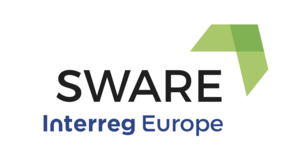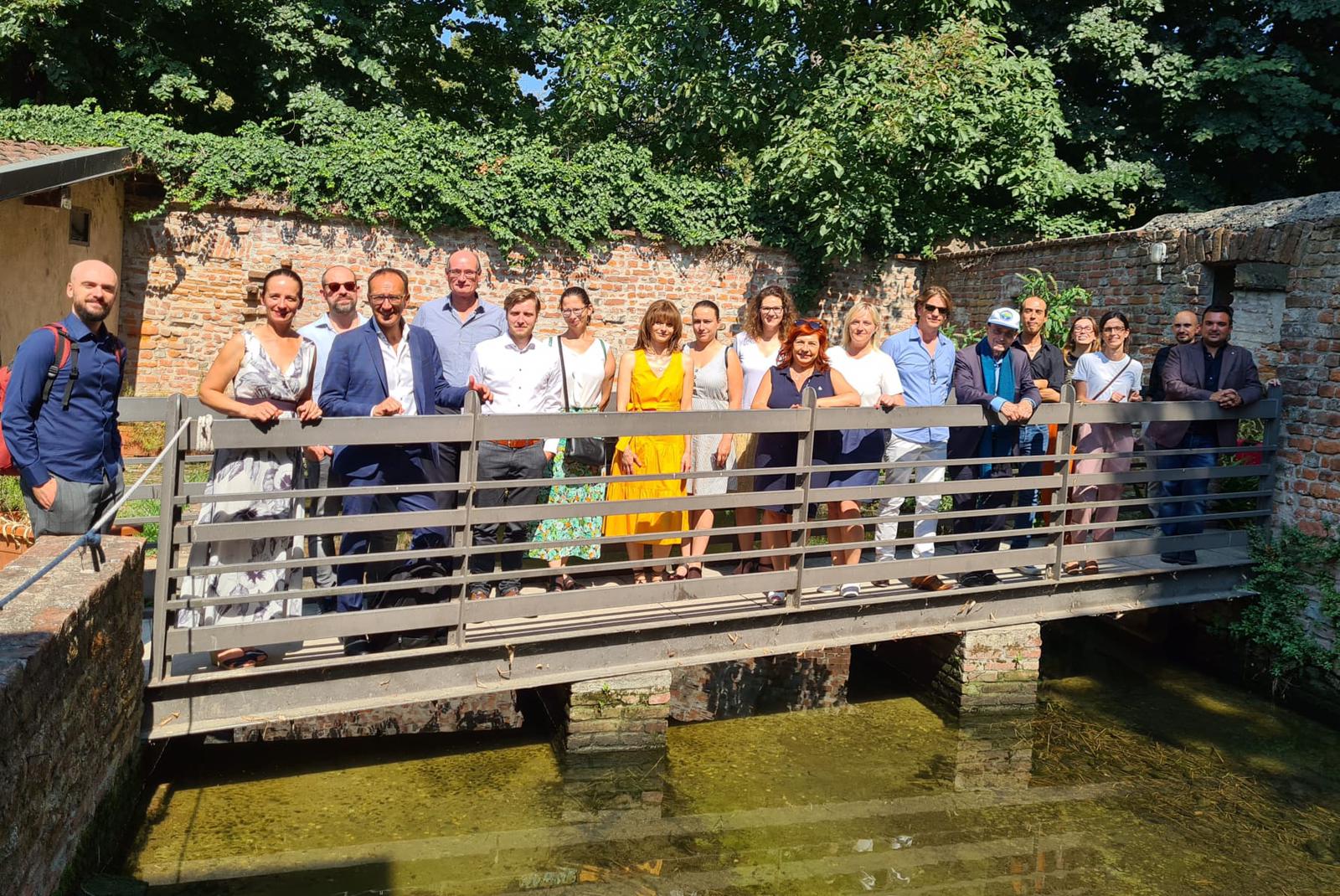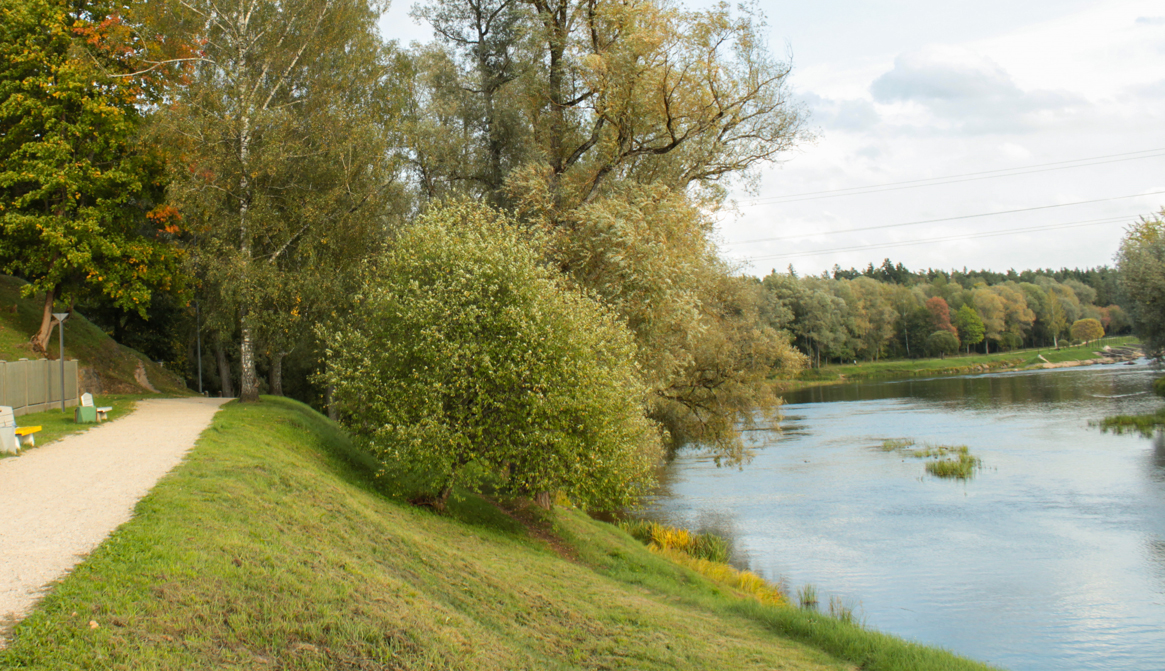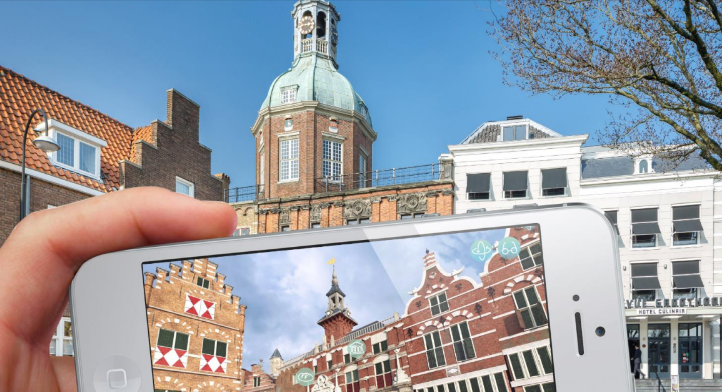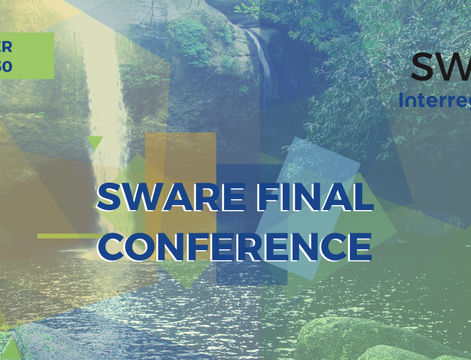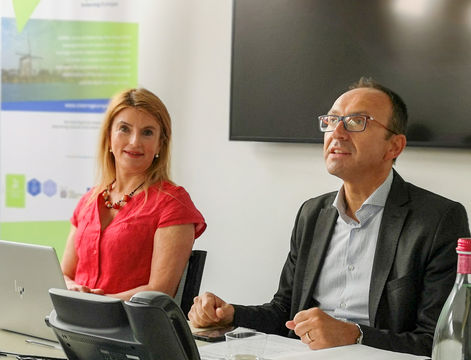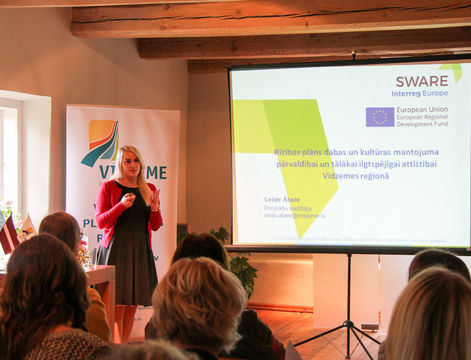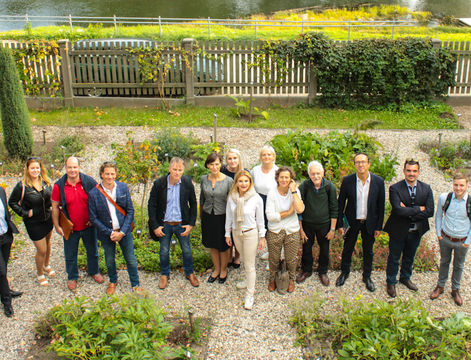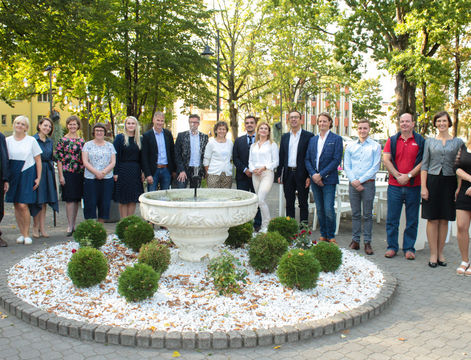On September 12–14, 2017, project SWARE partners and stakeholder representatives met in Milan (Italy) for the 2nd Interregional Knowledge Exchange Session (KES) that was devoted to challenges in connecting tourism with infrastructures and heritage.
In a very busy 3-day programme, participants had a chance to visit natural and cultural heritage objects and learn about the good practices in Metropolitan City of Milan (MCM), as well as take part in several fieldwork sessions and round table discussions about the challenges common for all the parties involved in the project, e.g., sustainable management of the heritage along inland waterways, effective governance, financing mechanisms and public–private partnerships.

During the last day’s plenary session, the Project Manager of SWARE in MCM, Director of Economic and Social Development Department in MCM, Dario Parravicini, acknowledged that: “The aim of this KES for Metropolitan City of Milan was to show to the partners all the amenities around Milan, the canals and inland waterways system, (..) the precious cultural and natural heritage, as well as the blue and green infrastructures that could attract investments in this area. (..) We had a very busy programme, full of events, meetings and study visits. For us it was crucial to discover the importance of our stakeholders in the area (e.g., agricultural districts, private companies, inhabitants) and establish important relations with them, because without their involvement, we can do nothing.”
During the session, participants were introduced to the navigable waterways system in Milan, which nowadays is not only seen as navigation and irrigation system, but also highlighted as historical and natural heritage of cultural, artistic, rural, scenic, religious, leisure and touristic importance. The partnership and synergy aspect was stressed as an important precondition to successful and sustainable management of the large and complex waterways system. The delegates discussed the challenge of luring the tourist away from popular destinations (e.g., Milan) to smaller villages and places, building a story about the place through the rich history, local food specialties and beauty of nature. In the course of the visit, the practical aspects of different collaboration forms – consortiums, agricultural clusters, associations, networks, metropolitan regions – were shared and discussed. The 2nd Knowledge Exchange Session ended with a plenary session and round table workshops.

The conclusions driven from the workshops and the KES altogether were that all project partners have differences, but they also share similar problems. Collaboration between all stakeholders and between public and private structures is crucial. It was also concluded that for the sake of sustainable management of heritage, the education of locals and tourists is also important. All delegates admitted that the work done during this KES is a large step towards the upcoming elaboration of the Action Plan.
All project partners are looking forward to the 3rd and the last Knowledge Exchange Session which will be hosted by the Province of Zuid-Holland (Netherlands) on October 9–11, 2017, and will be devoted to the marketing issues – destinations, identity, and branding.
The SWARE project is implemented with the support of the European Regional Development (ERDF) Fund and the INTERREG Europe Programme 2014–2020. This publication reflects the author’s views only and the INTERREG Europe programme authorities are not liable for any use that may be made of the information contained therein.
